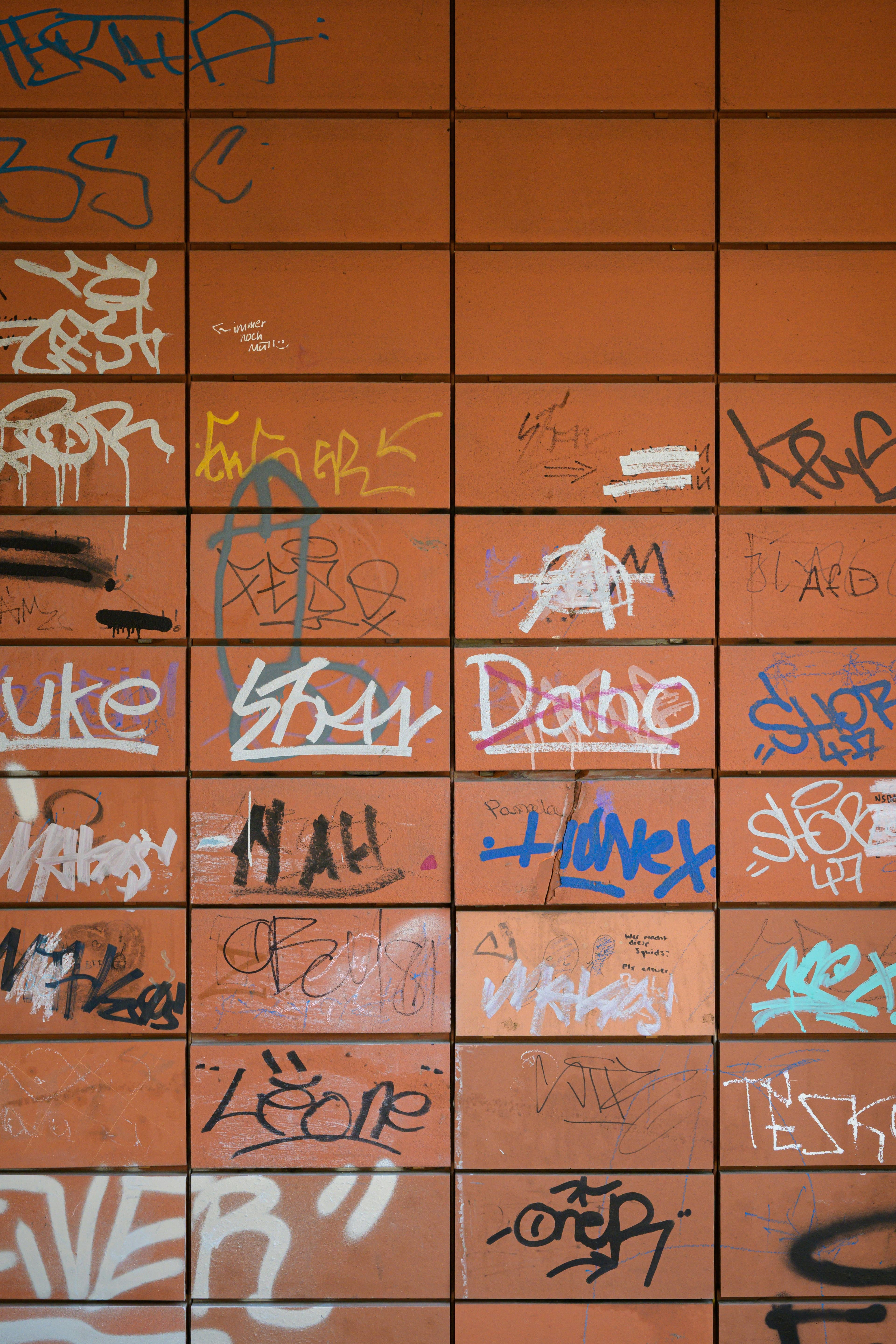Implications of the Settlement
If approved by a federal judge, this settlement could represent a pivotal moment in the ongoing legal discourse surrounding AI technologies and intellectual property rights. As generative AI continues to reshape the publishing landscape, authors and other creatives are increasingly voicing their concerns over potential copyright infringements. The settlement amount, which equates to approximately $3,000 for each of the estimated 500,000 books involved, highlights the seriousness of these claims and the potential financial repercussions for AI companies that fail to respect copyright laws.
Justin Nelson, an attorney representing the authors, remarked that this settlement could be the largest copyright recovery to date, marking a first in the AI era. The case was initially brought to court by a trio of authors — Andrea Bartz, Charles Graeber, and Kirk Wallace Johnson — who have since represented a broader coalition of writers and publishers impacted by Anthropic's actions.
Legal Background and Rulings
In a mixed ruling earlier this year, U.S. District Judge William Alsup found that while training AI on copyrighted books does not inherently constitute illegal activity, Anthropic had, in fact, wrongfully acquired millions of books through illicit means. Experts suggest that had the case proceeded to trial and resulted unfavourably for Anthropic, the company could have faced liabilities amounting to multiple billions, potentially threatening its viability as a business.
In light of these risks, the settlement appears to be a strategic decision aimed at mitigating further financial fallout and reputational damage. Anthropic, in its statement regarding the settlement, has also agreed to destroy the original files of the books it downloaded, further acknowledging the concerns raised by the authors.
The Broader Context of AI and Copyright
This lawsuit and its subsequent settlement underscore a growing tension between the rapid advancement of AI technologies and the rights of creative professionals. As generative AI tools proliferate, authors and other creators are increasingly advocating for their rights, pushing for publishers to limit the use of AI in ways that may infringe upon their intellectual property.
The significance of this case extends beyond just financial reparations; it may serve as a precedent for future legal disputes involving AI and copyright. As AI companies continue to innovate, the need for robust legal frameworks that protect the rights of authors and content creators becomes increasingly apparent.
Conclusion: Navigating the Future of AI and Copyright
As the lines between technology and creativity continue to blur, this landmark settlement serves as a crucial reminder of the need for responsible AI development that respects intellectual property rights. The outcome of this case may influence how AI companies approach the use of copyrighted materials in the future, fostering a more collaborative and respectful relationship between technology developers and the creative community.
In conclusion, the Anthropic settlement not only illustrates the potential consequences of copyright infringement in the age of AI but also highlights the urgent need for dialogue and regulation in this rapidly evolving field. As we move forward, it is imperative for all stakeholders—authors, publishers, and AI companies—to engage in constructive discussions that uphold the integrity of creative work while embracing technological innovation.
